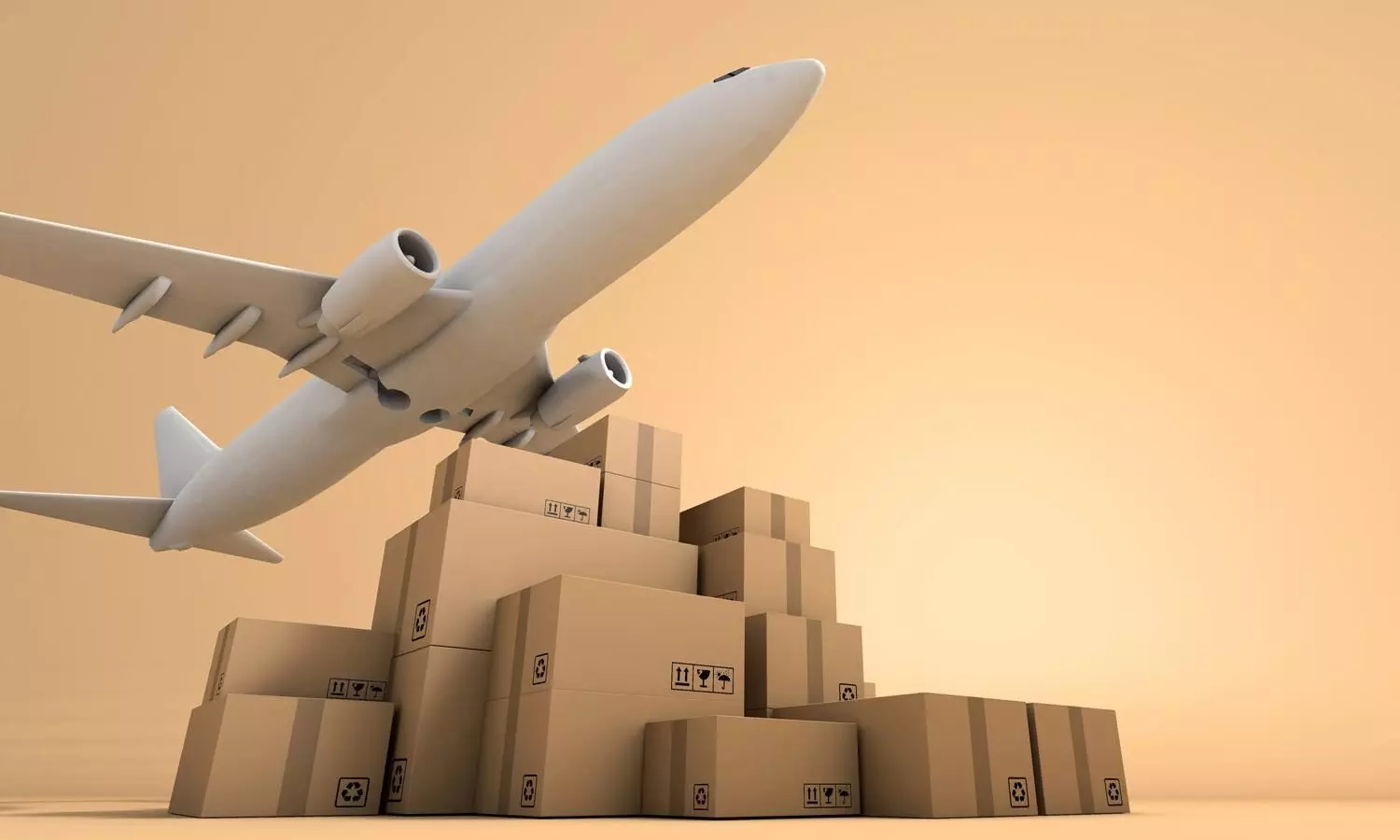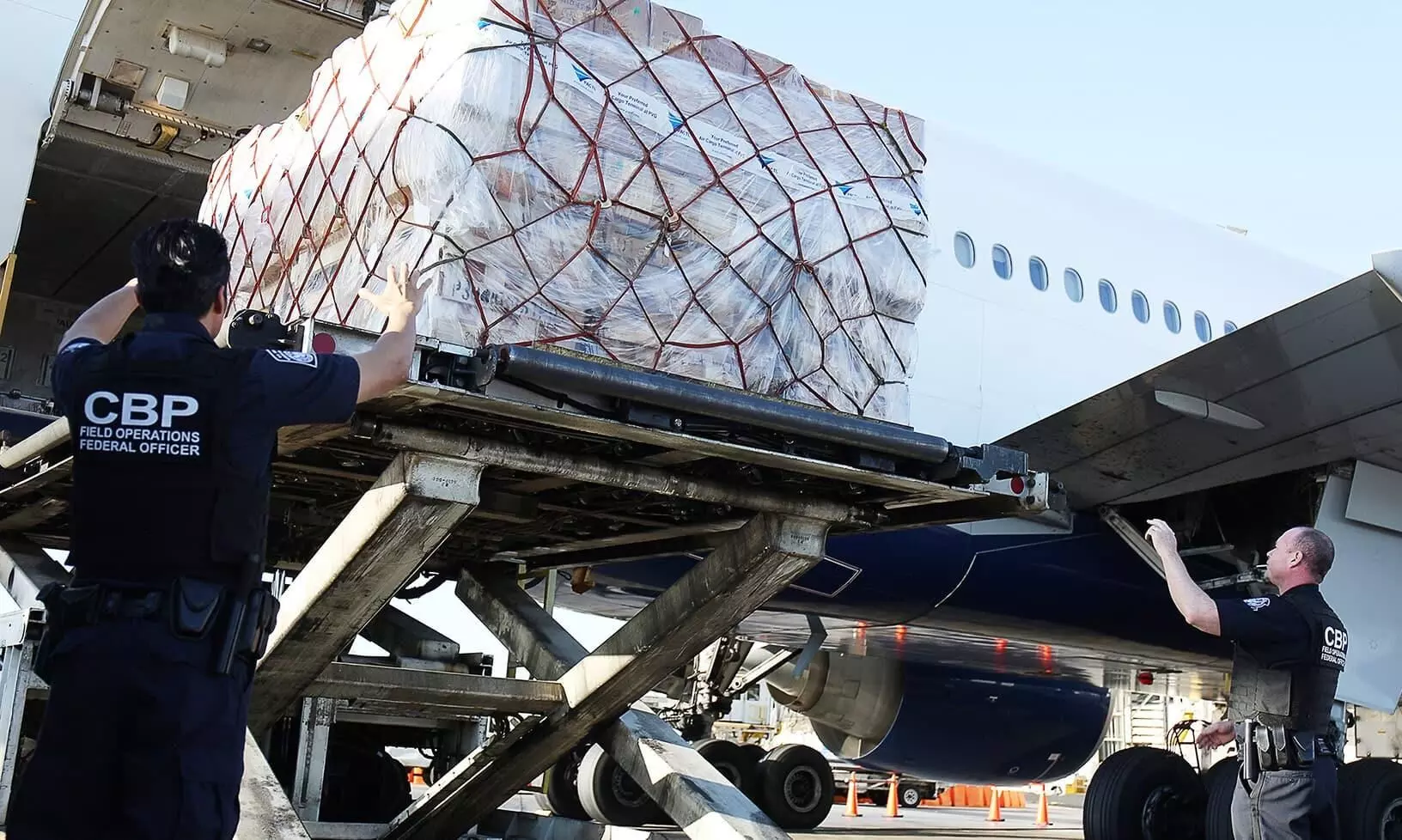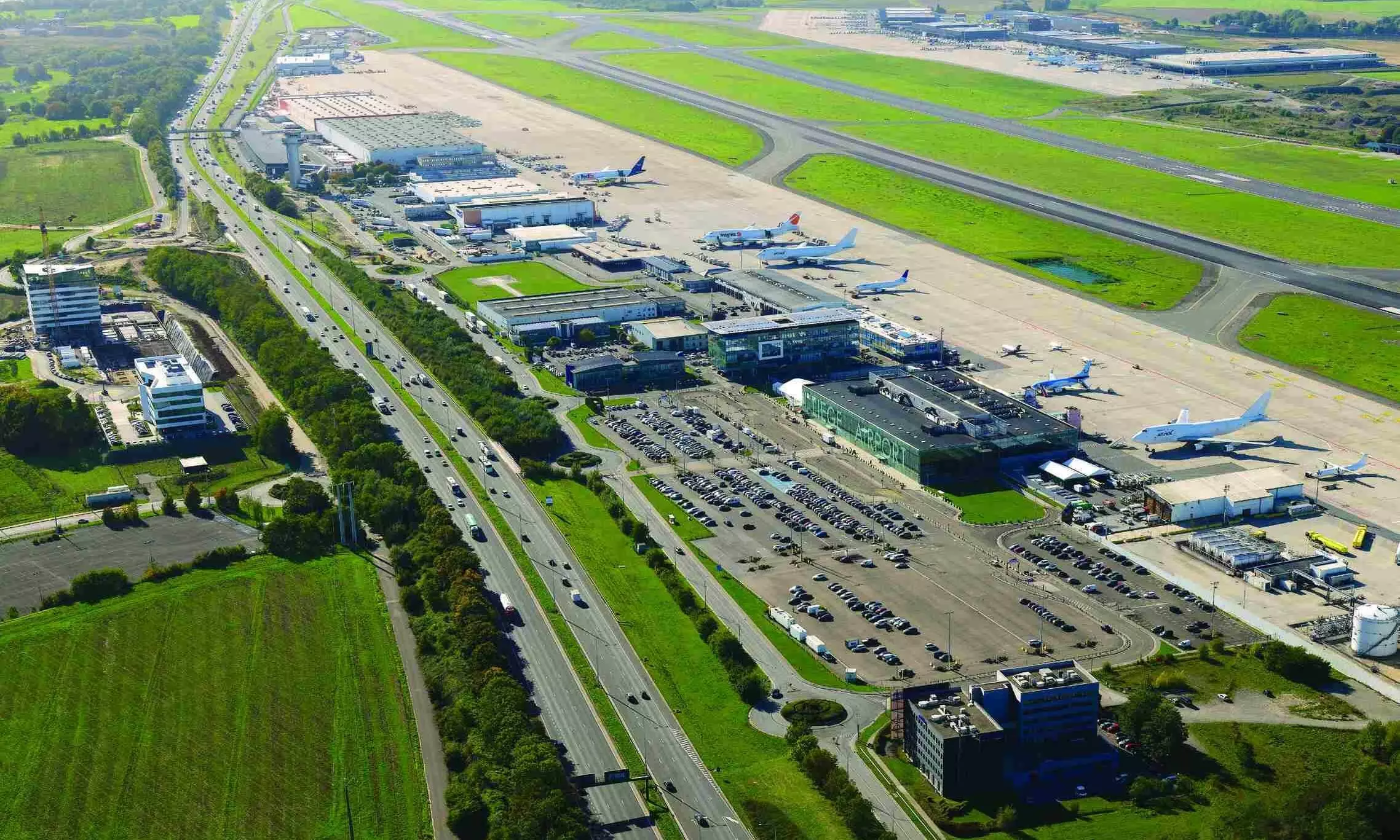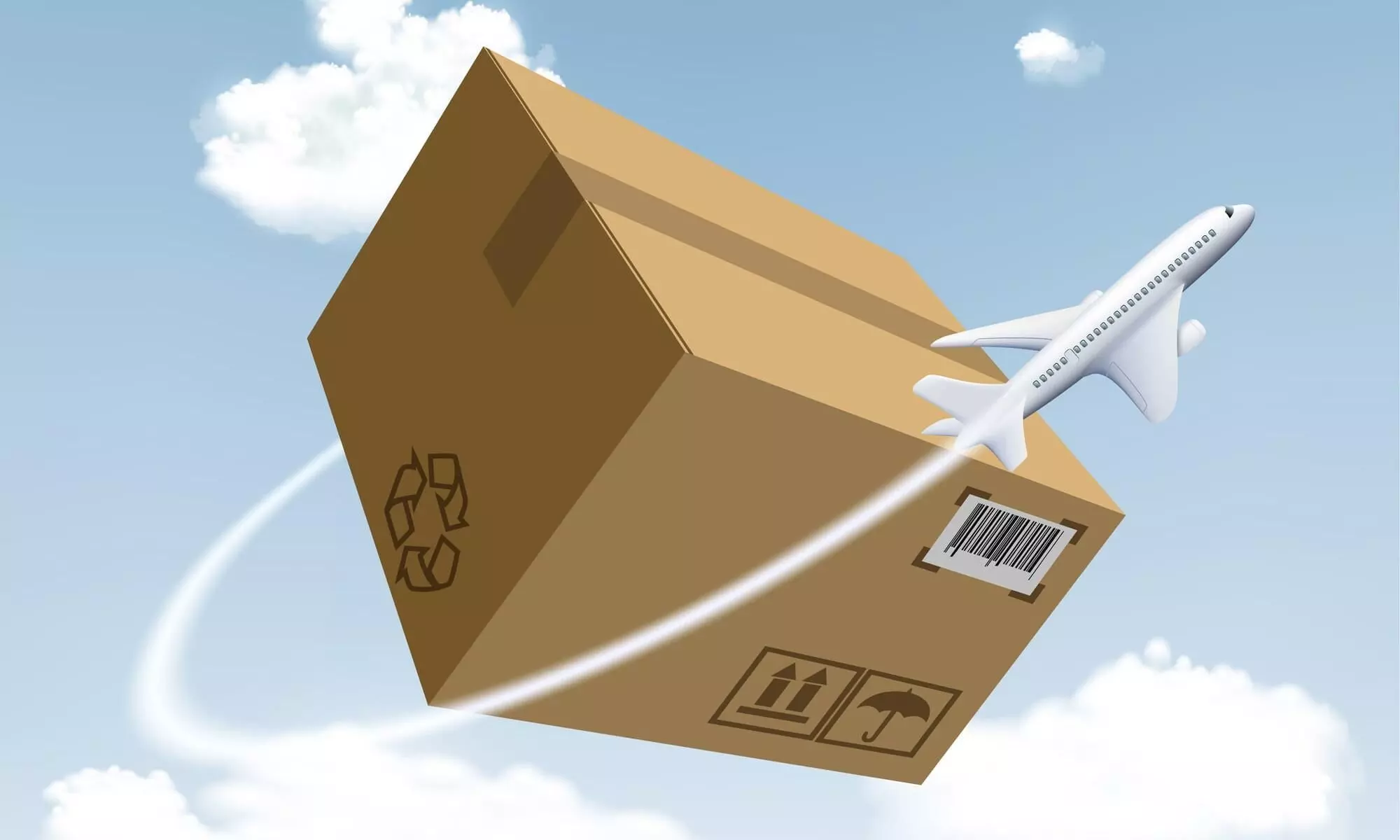
EU follows US, to modify norms for de minimis imports
Around 4.6 billion low-value consignments (worth €150 or less) entered the EU market in 2024 – 12 million parcels daily.

Following the U.S. move to control shipments from China under the de minimis - value under $800 - rules and the subsequent pause, the European Commission (EU), too, is moving to control low-value shipments.
"In 2024, around 4.6 billion low-value consignments (worth €150 or less) entered the EU market – 12 million parcels daily and twice as many as the year before. Many of these products were non-compliant with EU laws, raising concerns over harmful products entering the EU, unfair competition for compliant EU sellers, and the environmental impact of mass shipping," says the latest update from the European Commission.
The following measures have been proposed.
*Customs reform: Urging swift adoption of the Customs Union Reform and proposing to remove the duty exemption for low-value parcels, to allow rapid implementation of new rules to level the playing field.
*Reinforcing measures for imported goods: launching coordinated controls between customs and market surveillance authorities and coordinated actions on product safety.
*Protecting consumers on online marketplaces: enforcing the Digital Services Act, Digital Markets Act, General Product Safety Regulation, and Consumer Protection Cooperation Regulation; and
*Using digital tools: supervising e-commerce landscape through the Digital Product Passport and new AI tools.
"Around 70 percent of Europeans regularly shop online, including on non-EU e-commerce platforms. While e-commerce brings many benefits for consumers, businesses and the EU economy, it also presents certain challenges. The new initiative aims to balance consumer protection, fair competition, and sustainability, while fostering a safe and high-quality e-commerce market in the EU."
Henna Virkkunen, Executive Vice-President, Tech Sovereignty, Security and Democracy, European Commission says: "The rise in e-commerce imports to the EU market has brought with it many challenges. The EU is ready to address these challenges, coming together as Team Europe to make sure citizens and businesses can continue to enjoy the many benefits of online shopping, while minimising the risks of dangerous products that threaten the health and safety of consumers. We want to see a competitive e-commerce sector that keeps consumers safe, offers convenient products, and is respectful of the environment."
Michael McGrath, Commissioner, Democracy, Justice, the Rule of Law and Consumer Protection, European Commission adds: "E-commerce has revolutionised shopping. Three out of four Europeans shop online regularly. Yet the surge of imported goods can pose threats to the rights of European consumers and their safety. Now is the time for Team Europe to come together to address these threats and protect European consumers. We have a duty to ensure that goods entering our market are safe and that all traders respect consumers’ rights. The Commission will use all the tools in its power to fully support and coordinate the enforcement of our laws."
In the U.S, Customs and Border Protection (CBP) said de minimis packages touched 1.36 billion in fiscal year 2024 - up from approximately 139 million in fiscal year 2015.
The latest executive action by the U.S. President Donald Trump gives CBP time to ensure "adequate systems are in place to fully and expediently process and collect tariff revenue applicable pursuant to subsection (a) of 19 U.S.C. 1321 for covered articles otherwise eligible for de minimis treatment."
Focus on Liege Airport
Liege Airport is a key e-commerce hub for the European Union, and reported its second best performance ever in 2024 by handling 1,162,899 tonnes, an increase of 16 percent compared with 1,005,676 tons in 2023.
The airport has exceeded one million tonnes of cargo handled for the last five years.
The EU Cross-Border E-Commerce forum, hosted by the Wallonia Export-Investment Agency (AWEX), Liege Airport and OBOR Group in September 2024, demonstrated the critical role that cross-border logistics and e-commerce play in shaping the future of global trade.
"Wallonia, with its strategic location and strong infrastructure, especially through Liege Airport, continues to be a key enabler for businesses looking to expand their reach within Europe and beyond. At AWEX, we are committed to fostering partnerships that help businesses thrive in this competitive landscape,” states Michel Kempeneers, Director General – International Affairs at Wallonia Export-Investment Agency (AWEX).
Despite several challenges post the pandemic, Liege Airport aims to be among the top-3 European cargo hubs by 2030.
"Being historically an airport focused on connecting Africa and Asia to Europe, we have developed it into a cargo hub airport in the last two years, connecting all continents with regular freighter flights via Liege," says Torsten Wefers, Vice President, Sales & Marketing and Frederic Brun, Head of Commercial Cargo & Logistics, Liege Airport.
E-commerce now accounts for 20 percent of total air cargo volumes, and the share could increase to 30 percent by 2027, according to a presentation by Andre Majeres, Head, eCommerce, Cargo and Mail Operations, International Air Transport Association (IATA) at the World Cargo Symposium (WCS) in Hong Kong in September 2024.
Worldwide e-commerce retail sales touched $5.7 trillion in 2023, and is expected to zoom to over $8 trillion by 2024, according to Majeres. "Nearly 80 percent of e-commerce is transported by air compared to 20 percent across other modes of transport."





